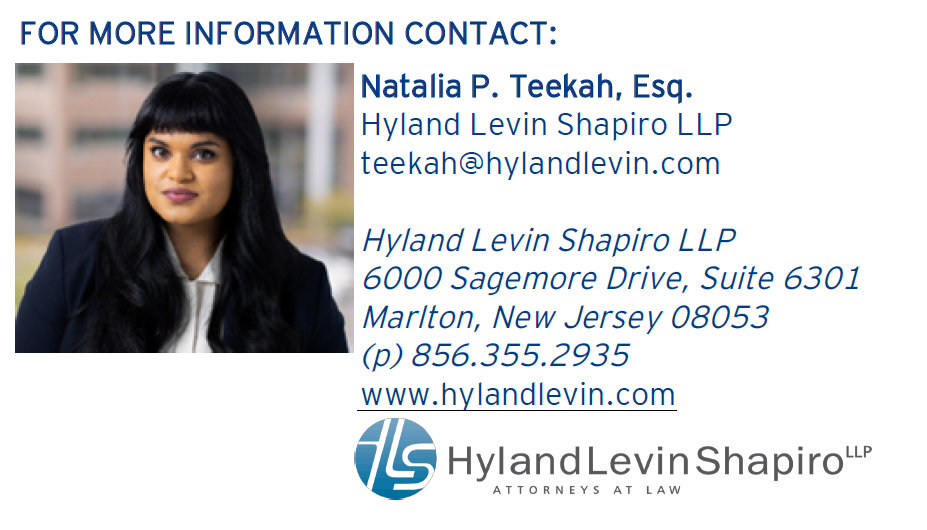 It’s often believed that environmental due diligence in real estate acquisitions boils down to the need for the production of one report: the Phase I Environmental Site Assessment (“Phase I”). But while a properly prepared Phase I satisfies “all appropriate inquiries” into the environmental condition of a property under the federal standards, New Jersey has not adopted the federal All Appropriate Inquiry regulations, and therefore a Phase I alone is not sufficient to qualify for innocent landowner protection under New Jersey Law.
It’s often believed that environmental due diligence in real estate acquisitions boils down to the need for the production of one report: the Phase I Environmental Site Assessment (“Phase I”). But while a properly prepared Phase I satisfies “all appropriate inquiries” into the environmental condition of a property under the federal standards, New Jersey has not adopted the federal All Appropriate Inquiry regulations, and therefore a Phase I alone is not sufficient to qualify for innocent landowner protection under New Jersey Law.
For properties located in New Jersey, a Preliminary Assessment Report (“PA”) produced in accordance with the requirements of the New Jersey Spill Compensation and Control Act (“Spill Act”) is necessary, and sometimes only the first step, in qualifying for innocent landowner protection under state law.
Download Printable Article (PDF) >>>
Strict Liability
The importance of obtaining the correct environmental due diligence report can be better understood by examining how liability attaches under New Jersey environmental law. The Spill Act is a “strict liability” statute, which means that liability attaches simply by virtue of owning contaminated property, regardless of what party was actually negligent and discharged the contaminants now affecting the land. Specifically, the Spill Act imposes liability on “any person who…is in any way responsible for any hazardous substance…without regard to fault, for all cleanup and removal costs no matter by whom incurred.” N.J.S.A. 58:10-23.11g(c)(1). “In any way responsible” is defined to include anyone who owns property acquired on or after September 14, 1993, even if the discharge occurred before ownership, if the owner knew or should have known that a hazardous substance may have been discharged at the property.
All Appropriate Inquiry
In order to assert that someone did not know and had no reason to know about contamination at a property, prior to acquiring it they must have conducted all “appropriate inquiry” into the condition of the property. In New Jersey, satisfying this standard can only be accomplished if a PA is prepared prior to purchase. PAs require specific evaluation of potential “Areas of Concern,” which is a similar but more detailed analysis than what is required under a Phase I.
Importantly, if the PA recommends further investigation, a Site Investigation (“SI”), the state analog of a Phase II investigation, that second step must also be performed to further evaluate if contamination may exist at the property. If the PA and/or SI show no evidence of contamination and do not recommend additional follow-up, then the owner is considered to have conducted the necessary and “appropriate inquiry” under New Jersey law, and will have acquired the property without “knowing or having any reason to know” of any contamination.
In Summary
While a Phase I and a PA address the same underlying question of whether there is the likelihood that contamination may be present at a subject property, New Jersey has more stringent requirements for environmental due diligence. That means that a Phase I is insufficient to protect a buyer from costly, significant environmental liability when acquiring property in New Jersey. Instead of taking that risk, ask your environmental consultant to produce a combined Phase I/PA report, which will provide both federal and state innocent landowner protection and save your client from potentially significant headaches in the future.
The contents of this article are for informational purposes only and none of these materials is offered, nor should be construed, as legal advice or a legal opinion based on any specific facts or circumstances.



